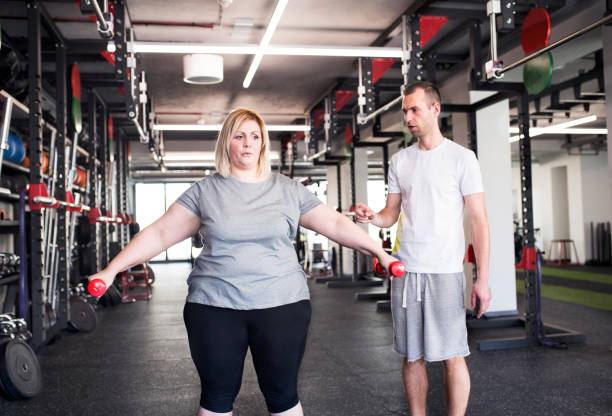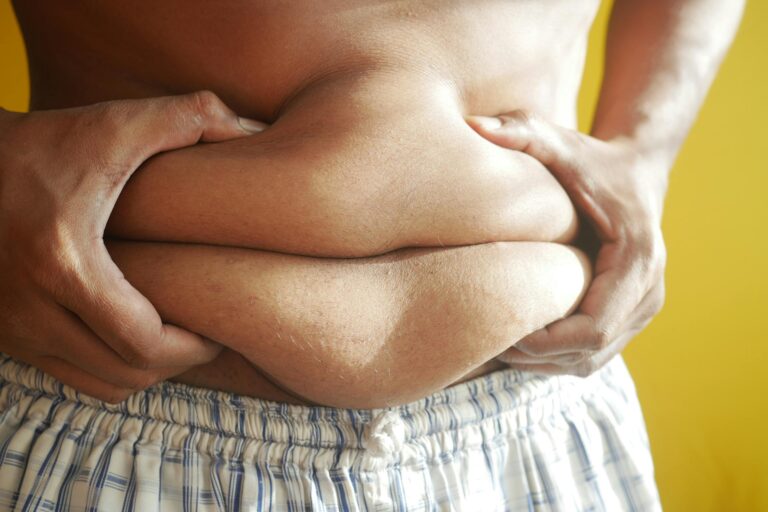elderly cat losing weight

elderly cat losing weight
One of the more painful sights older pet owners have to cope with is their cat losing significant weight. This isn’t alarming in the strictest sense, since loss of weight during old age could just be attributed to normal aging, however, this symptom could also be highly indicative of an underlining health problem. If you see that your older cat is suffering from weight loss, understand that several underlying conditions might have caused this, and then you must take the animal to the veterinarian and find a therapy that may help get and keep your pet healthy.
So Is It Normal Aging or a Health Problem?
Weight loss is something quite common in old-age cats. Thereafter the bodies start changing in a different way. Also, with old age, there is a slowing of the metabolism, which at some point would lead to muscle mass loss. However, when weight loss becomes rapid or sudden, then it would never be regarded as purely age-related and is an indicator that something has gone wrong.
Initially, we need to consider that even a small change in weight can prove to be a grave issue in the case of older cats. It is readily known that cats are good in masking their illnesses until they become extremely severe, making it difficult for the owners to detect illness early on. If your old cat is losing weight, then it must be assessed thoroughly to ascertain the underlying cause.
Losing Weight in Elderly Cats Is Such a Problem]
There are several factors attributable for one to be aware of when it comes to loss of weight in elderly cats. These include but are not limited to:
1.Hyperthyroidism
Hyperthyroidism is one such condition among many that is one of the most frequently found disorders in older cats and the most common diagnosis prompting weight loss. Hyperthyroidism occurs when the thyroid gland produces too much thyroid hormone, hence acting as an accelerator of the cat’s metabolism. The other effects include weight loss, Polyphagia, restlessness, vomiting, and diarrhea. And those cats with this condition lose weight though they are feeding the norm.
2.Chronic Kidney Disease (CKD)
Kidney disease is also prevalent in senior cats. Kidneys work to filter waste materials out of the blood, then transferring the excess as a solution in the urine. When kidneys begin to fail, toxins build up in the cat’s body causing symptoms like weight loss, lethargy, poor appetite, a large urine issue, and increased thirst. Chronic kidney disease is a progressive disease with no cure. However, early intervention can slow down its progress and improve the quality of life of your cat
3.Diabetes Mellitus
Diabetes happens when the body loses the ability to regulate blood sugar. It is relatively common in older cats with overweight. The symptoms of diabetes mellitus in cats include weight loss, an increase in appetite, excessive drinking, and urination. If left untreated, diabetes can wreak havoc on your cat causing severe complications such as weakness, muscle wasting, and death.
4.Cancer
Cancer is also common in older cats compared to younger ones. Weight loss is usually the first sign of cancer in cats. You may observe your cat to have various symptoms including lethargy, diarrhea, vomiting, loss of appetite, and lumps or masses on the body. A type of cancer such as lymphoma can affect the digestive system of a cat making it unable to absorb nutrients from food leaving your cat malnourished and ultimately leading to weight loss.
5.Dental Problems
Cats may also suffer from dental issues like periodontal disease, gingivitis, and tooth decay during aging. This can make eating painful for cats and they lose their interest in eating. It can eventually lead to weight loss. Symptoms of dental issues in cats include reluctance to eat, bad breath, drooling, and swollen gums. Regular dental check-ups can help identify dental issues and enable timely action
6. Presence of intestinal or gastrointestinal issues
Weight loss in older cats may also be due to underlying gastrointestinal diseases. Inflammatory bowel disease (IBD) or malabsorption syndrome can compromise the cat’s proper nutrition absorption. In addition to weight loss, GI problems in cats may include diarrhea, vomiting, and changes in appetit.

7.Arthritis
Though the arthritis process acts primarily on the joints of the cat, a secondary effect in terms of weight loss may sometimes occur. A cat with the disease suffers pain during movement, thus becoming less active and even losing the taste to eat. Decreased mobility would also hinder the cat from reaching its litter box or bowl of food, leading to a decreased caloric intake consequent to weight loss.
8. Heart Disease
In old cats, weight loss may occur due to heart disease. The weakened heart fails to pump blood to all parts of the body efficiently. Symptoms of heart disease are coughing, difficulty breathing, lethargy, and general loss of appetite. A cat with heart disease is progressively less able to walk around because of this juice, their muscles mush, and they can lose weight.
What to Do About an Older Cat Losing Weight
Loss of weight needs a full examination by a veterinarian if an elderly cat is found to have lost some weight. Weighing loss may be an expression of underlining conditions. The earlier they are diagnosed, the more convenient treatment will be. There will be a physical exam carried out by the vet, coupled with blood tests, urinalysis, and probably X-ray or ultrasound for the diagnosis basis.
- After evaluation of the disease and diagnosis, your veterinarian will then recommend a treatment method. Examples are highlighted below.
- Dietary Changes: Depending on the problem your cat has, for instance, kidney disease or diabetes, your vet might prescribe a commercial diet. For instance, kidneys in a patient with a kidney problem might require low protein and low phosphorus. Meanwhile, diabetic cats might be maintained on high protein and low carbohydrate diets.
- Medications: Many diseases including hyperthyroidism, diabetes, and heart disease are easily managed by administering medications. The appropriate medication is prescribed by the vet depending on the diagnosis.
Regular Monitoring: In the management of chronic conditions in older cats, check-ups and monitoring are important. Should your vet have regular visits, it would be easier to alter the treatment plan and therefore to recognize quickly any other potential threat to your cat.
Supporting Your Elderly Cat at Home
While they consider medical attention, it is very important for you to do your best for your aging cat at home:
- Encourage feeding regularly: This can be done by offering small and frequent meals of high-quality food. Do ensure the feeding area is quiet and cozy; wet food might arouse her interest in dinner when dry kibble doesn’t entice her.
- Monitor weight: Weigh your cat regularly to collect information regarding any changes occurring with the cat’s weight and communicate any sudden weight changes to your veterinarian.
- Ensure comfort: Have soft bedding provided so that the cat has easy access to food, water, and the litter box, especially if it has movement problems due to arthritis or other ailments.
Conclusion
It is common for older cats to lose weight. On one level, it may seem like a natural evolution of aging; however, considerably more significant or rapid weight loss usually signals a health problem underneath. Early detection and treatment for such conditions can help get your cat back on track to comfortably live out his or her later years. If you note any changes in your cat’s weight or behavior pattern, consult your veterinarian for follow-up assessment and support.clik here






